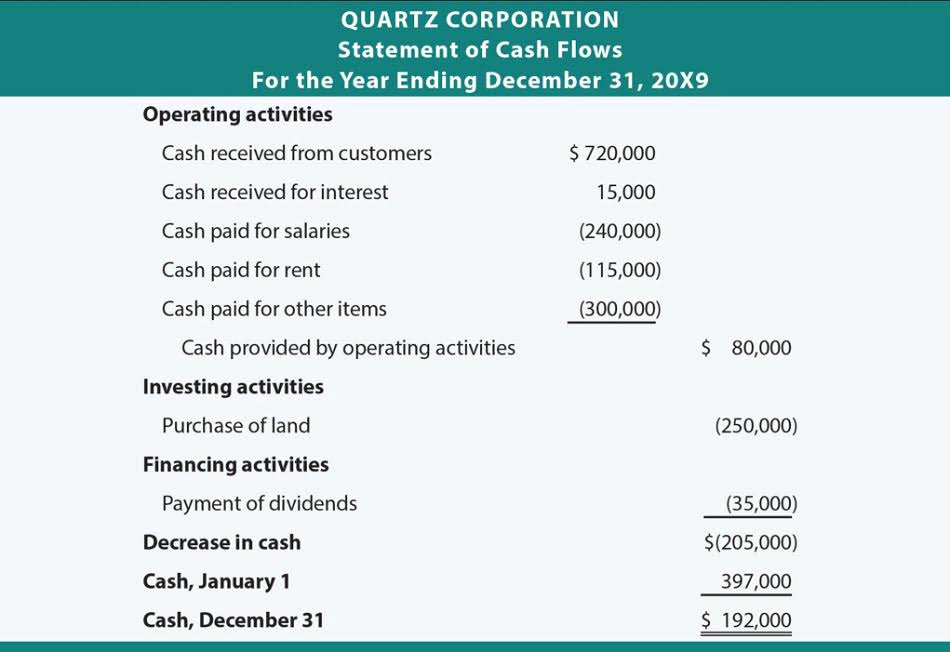
It is imperative for an issuer to provide payees with timely communication regarding the issuance of a check as well as any pertinent details as soon as possible. This makes it easier to set expectations and gives them the opportunity to plan properly. Be mindful of post office conditions and potential delays for seasonality, weather, or staffing issues. If an outstanding check of the outstanding checks issued to vendors meaning previous month clears the bank, it means the bank paid the check and the check will appear as a deduction on the statement. There is no need for the company to write a journal entry, as the checks were recorded in the company’s general ledger account when the checks were written. Have you ever experienced the frustration of receiving an outstanding check due to insufficient funds?
Get Tips For Managing Real Estate Wealth
This period can range from 60 days to six months.Sometimes a payee forgets about the check or loses it without notifying the payor. The payor has no control over when the payee will cash or deposit the check. The payee cannot cash or deposit the check once a stop https://www.bookstime.com/ payment has been issued.The payer’s bank has no way of knowing that a check has been written until the payee deposits or cashes the check. Besides the liability it creates, the payor may forget that they wrote the check and spend money allocated for the check.
- In simpler terms, it is like a ticket that has been purchased but has not yet been used to enter the event.
- By being proactive and diligent in tracking all spending, you will have a better idea of your overall financial health and can make more suitable plans for the future.
- We answer your questions about this financial term and what to do when managing an outstanding check.
- Once you write a check or sign a check over to someone, the onus is on them to deposit the check.
- This way, they can keep their accounting records up-to-date and minimize complications related to these checks.
- However, some of these checks may still be outstanding for various reasons.
- When the payee cashes the check, and their bank tries to pull funds from the payor’s account, the payor will get hit with an overdraft or non-sufficient funds (NSF) fee.
Our Review on The Credit One Credit Card
These checks represent an ongoing financial obligation for the company until they are cashed or deposited. One of the potential consequences of having outstanding checks is the imposition of overdraft fees. When a check is presented for payment and there are insufficient funds in the account to cover it, the bank may choose to honor the check and charge the account holder an overdraft fee. Overdraft fees can range from a few dollars to over $30 per transaction, depending on the bank’s policies. It is essential for individuals to keep track of their account balance and reconcile it regularly to avoid these costly fees.
Financial Risks
When the company prepares a bank reconciliation, the outstanding checks are subtracted from the bank statement balance in order to determine the correct or adjusted bank balance. Explore effective strategies for handling outstanding checks to ensure accurate financial reporting and maintain fiscal responsibility. Learn about outstanding checks in accounting and how they impact your finances. Gain insight into managing and reconciling your financial transactions effectively. Your business might have written checks to employees, vendors, or other parties.
- You’ll want to take all reasonable steps to cash or deposit outstanding checks.
- If that money is spent on something else, you may not have enough money in the bank account to cover all your promises to pay.
- This includes analyzing the check issuance process to identify any operational inefficiencies that could be contributing to the problem.
- In this scenario, the check is considered outstanding as the funds have been deducted from your account but have not been received by your friend.
- Like business checks, personal checks are generally considered invalid after six months (180 days).
To fully understand the concept of outstanding checks, let’s delve deeper into its and explanation. Until it has been deposited and cleared, outstanding checks are liabilities on the payor’s balance sheet. This can be a challenge for both consumers and small business owners, because enough cash must be kept in the account drawn upon to cover outstanding checks until they are cashed. Outstanding checks can complicate accounting because the assumption is that a check gets issued, deposited, and paid. Checks that are outstanding for a long period of time are known as stale checks. In the U.S., outstanding checks are considered to be unclaimed property and the amounts must be turned over to the company’s respective state after several years.

Reconciliation Process

Legal action can be a time-consuming and expensive process, and it is best to avoid it by addressing outstanding checks promptly. An outstanding check refers to a check that has been issued by a person or business but has not yet been cashed or deposited by the recipient. It is essentially a payment that is in transit and has not been cleared by the bank.
Inflated Account Balance
If you wrote a check that is outstanding for more than a few weeks, there are steps you can take to resolve the situation. First, know that outstanding checks expire, often after six months, but sometimes as quickly as 30 or 60 days. Knowing how to stop payment on a check is useful as well if you wish to void an outstanding check (more on this below). An outstanding check can also mean that a check was deposited at a bank but is still going through the process of clearing. This means it is en route to becoming available funds in the payee’s bank account, but it’s just not quite there yet. Outstanding checks may sit unspent for a long time, but it’s possible to avoid overdraft fees and insufficient funds charges that stem from essentially spending the same money twice.
Regularly Reconcile Bank Statements
When a business writes a check, it deducts the amount from the appropriate general ledger cash account. If the funds have not been withdrawn or cashed by the payee, the company’s bank account will be overstated and have a larger balance than the general ledger entry. Checks that remain outstanding for long periods of time cannot be cashed as they become void. Some checks become stale if dated after 60 or 90 days, while others become void after six months.
Understanding Outstanding Checks: Definition, Reasons, Consequences, And Resolving Process
It is crucial to understand the implications of having unpaid bills, delayed vendor payments or employee salaries. The most common risk is being charged penalties due to outstanding amounts past their due date. This leads to decreased cash reserves which affects capital expenditure budgets. • Outstanding checks also become stale and worthless after a certain period. • One of the major ones is that it bounces by the time an attempt is made to deposit it.